Advisory Committee
The Advisory Committee comprises scholars, social policy practitioners, and experts spread across Africa. Their main role is to offer strategic oversight to the Project.
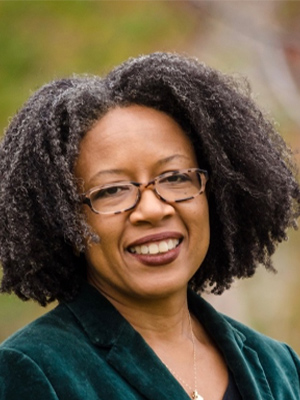
Adelle Blackett is a Full Professor at the Canada Research Chair in Transnational Labour Law and Development at the Faculty of Law, McGill University. She founded and directs the Labour Law and Development Research Laboratory. Professor Blackett has been an expert of the International Labour Organization (ILO) project on decent work for domestic workers (2008-2011) leading to the adoption of ILO Convention No. 189 and Recommendation No. 201 in a labour law reform process in Haiti (2011-2014). In 2016, she received a Pierre Elliott Trudeau Foundation Fellowship for her project on transnational futures of international labour law, for which she organized an eponymous course in winter 2019.
Widely published in English, French and Spanish in the emerging field of transnational labour law, in 2015 she co-edited a Research Handbook on Transnational Labour Law, and her 2019 book manuscript entitled Everyday Transgressions: Domestic Workers’ Transnational Challenge to International Labour Law garnered the Canadian Council on International Law’s 2020 Scholarly Book Award.
She is currently the general rapporteur for the International Academy of Comparative Law in a global study on slavery and the law. She has served for seven years as a Quebec human rights commissioner and is currently chair of the human rights experts panel for the Canadian Court Challenges Program. She is also appointed to the roster of experts on trade and labour for both the Canada-European Union Comprehensive Economic and Trade Agreement and the Canada-United States-Mexico Agreement. She has received a number of prestigious awards and is a fellow of the Royal Society of Canada.
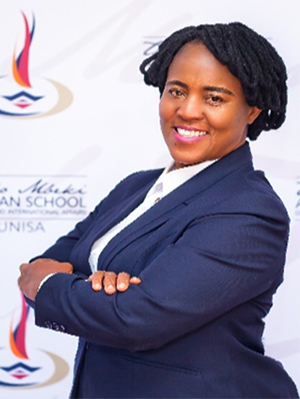
Professor Edith Phaswana is currently the Associate Professor at the Thabo Mbeki African School of Public and International Affairs at the University of South Africa. She also served as head of the former Thabo Mbeki Leadership Institute between 2018 and 2020 and is the current president of the South African Development Studies Association. In 2008, she completed her PhD in Development Studies in the UK and joined the University of Johannesburg’s Faculty of Humanities where she received an award for Distinguished Teaching Excellence in the Humanities.
She has taught in several prestigious programmes including the US Presidential Leadership Programme known as Young African Leader’s Initiative and the Youth Leadership Programme at the Mandela Institute for Development Studies. She has mentored and supervised over 56 postgraduate students at various levels, and has published scholarly works in the form of journal articles and book chapters including the 2020 award-winning edited volume Black Academics voices: A South African Perspective by the National Institute for the Humanities and Social Sciences.
Apart from her academic commitments, Phaswana provides research and advisory services as well as policy reviews for the government of South Africa at the national and provincial levels. Her commitment to education and social justice saw her being named among the 2019 Mail and Guardian Top 100 women changing South Africa, and for the 2006 Leadership for Social Justice Award by the Ford Foundation’s International Fellowship Programme. She is one of the founding members of the Africa Decoloniality Research Network. She continues to serve as trustee, member of executive committees, and board of directors at various organisations.
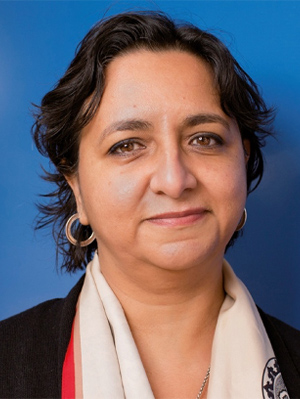
Hania Sholkamy is an Associate Professor at the Social Research Center, American University in Cairo. She is an Egyptian anthropologist, with a PhD from the London School of Economics and Political Sciences of the University of London. Her work has focused on gender, health, and social protection in Egypt. She designed and piloted the cash transfer programmes of the government of Egypt in her capacity as special advisor to the minister of social solidarity. She is a proponent of feminist social protection and has lobbied for the right of women to receive welfare and pensions in their own right and not as dependents.
She was regional coordinator of the “Pathways to Women’s Empowerment Research Consortium” in partnership with the Institute of Development Studies at Sussex, UK. She is currently a member of the UNESCO Management of Social Transformations Committee (2019-2022).
She has been a research associate at the International Population Council and was the Ioma Evans Pritchard Junior Research Fellow at St. Anne’s College, Oxford University. She has co-edited two volumes, one titled Categories and Contexts: Anthropological and Historical Studies in Critical Demography (OUP) with S. Szreter and A. Dharmalingam and another titled Health and Identity in Egypt (AUC press) with F. Ghannam. She has been a visiting fellow and professor at the American University in Beirut, The Arab Gulf University in Bahrain and at Yale University. She is currently an associate research professor at the Social Research Centre of the American University in Cairo (AUC).
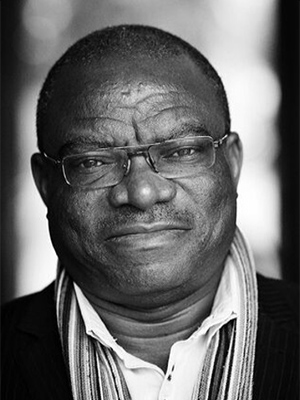
Jimi O. Adesina is the Chair in Social Policy at the College of Graduate Studies, University of South Africa. Educated at the University of Ibadan (Nigeria) and Warwick University (UK), Adesina taught at the University of Ibadan (Nigeria), was a Professor of Sociology at Rhodes University (South Africa), and Professor and Head of Department at the University of Western Cape (South Africa). He has held visiting appointments at Ulster University, Derry (Northern Ireland), University of the Witwatersrand (South Africa), Oxford University (UK), Nordic Africa Institute, Uppsala University (Sweden), UNECA (Addis Ababa), and the UN Research Institute for Social Development (Geneva).
A past president of the South African Sociological Association (2004-2006), Adesina was elected to the Academy of Science of South Africa (ASSAf) in 2005. He served on the Board of the UN Research Institute for Social Development, Geneva (2013 - 2019) and the Board of RC19 of the International Sociological Association (2014 to 2018). His research interests include Sociology, Social Policy, and the Political Economy of Africa’s Development. He has published widely in these areas.
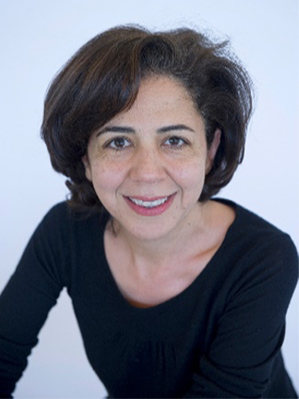
Shahra Razavi is the Director of the Social Protection Department at the International Labour Organization (since February 2020). Before joining the ILO, she was Chief of the Research and Data Section at UN Women (2013-2020), where she directed the research for the entity’s major flagship reports, oversaw the gender statistics programme, and provided technical support to intergovernmental negotiations.
She was a Senior Researcher at the United Nations Research Institute for Social Development, UNRISD, where she coordinated cross-country comparative research programmes at the interface of social policy, social protection, labour markets, and the care economy. She obtained her Bsc. from the London School of Economics and Political Science (LSE), and her Msc. and D.Phil/PhD from Oxford University. She has published extensively on social policy, social protection, gender, and work in a development context.
.
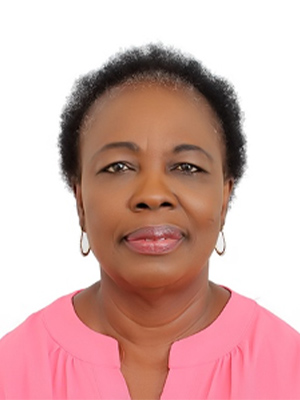
Takyiwaa Manuh is Emerita Professor of African Studies at the University of Ghana. She served as the Former Director at the Social Development Policy Division of the United Nations Economic Commission for Africa in Ethiopia, and Professor of African Studies at the University of Ghana where she was also Director of the Institute of African Studies between 2002 and 2009.
She holds undergraduate and graduate degrees in Law from the University of Ghana, Legon, and the University of Dar es Salaam, Tanzania, and a PhD in Anthropology from Indiana University, Bloomington. Her research interests are in African development, women’s rights and empowerment, contemporary African migrations, and African higher-education systems, and she has published widely in those areas.
She is a Fellow of the Ghana Academy of Arts and Sciences and has received several awards and recognitions including an honorary doctorate degree from the University of Sussex, UK, in 2015.
